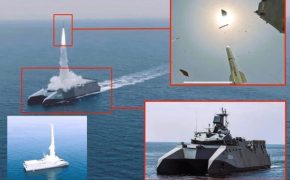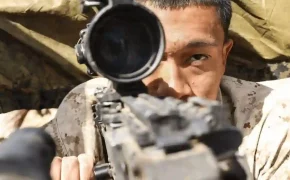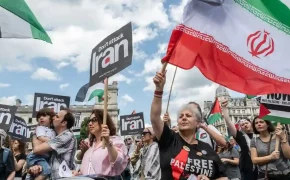The Kurdish Barrier To The Silk Road

Two years ago, Iraq and Turkey were on the verge of war, but now the parties are uniting against the Barzani regime in self-proclaimed Kurdistan.
Against the background of the visit of the Turkish delegation to Baghdad led by Hakan Fidan, an article about Iraqi-Turkish relations was published on the American Foreign Policy website, where the author pointed out that the Barzani dictatorship would suffer the most from the dispute over illegal oil supplies from Iraq to Turkey.
The finale of the dispute was the ruling of the Paris Arbitration Court, which sided with Iraq and called on the Turks to pay $ 1.5 billion in compensation for allowing the transshipment of oil from Kurdistan to ships in Ceyhan without the permission of Baghdad. In response, Turkey blocked oil supplies from the “Kurdistan Regional Government” (KRG) to the port of Ceyhan, which caused a shock in the oil sector. The American edition notes that – “The immediate cessation of exports by Turkey led to an increase in world oil prices above $ 70 per barrel. Moreover, oil export revenues account for about 80% of the KRG’s annual budget, putting the entire administration at risk.” The key point in the article is “The financial consequences – a large budget deficit in both the KRG and Baghdad – can lead to catastrophic instability in the region,” this fragment can be taken as a conclusion.
The sudden activity of Turkish diplomacy in relation to Iraq, Syria and Egypt should be considered in the context of the formation of the Chinese Silk Road project, where Ankara plays a key role. It is no coincidence that it was in the year of the start of construction (2010) that China and Turkey announced strategic cooperation. After the wild turbulence in the face of political chaos in almost every country of the Ummah and which has become a kind of “normality” for the Middle East has relatively subsided, China’s “agents” launched counter-offensives to implement the long-standing plans of the Celestial Empire and its allies.
The war unleashed by the Kremlin against Ukraine could not interfere with China’s plans, on the contrary, despite the problems of the European “strategic partner” Of course, these events only accelerated the process of establishing the Silk Road within the borders of the Middle East (the Iran-Saudi thaw, the rapprochement of Iraq and Turkey, the restoration of diplomatic relations between Egypt and Iran). The next stage begins the elimination of those elements that are hostile to the “One Belt, One Road” project.
Therefore, the visit of Hakan Fidan and his meetings with almost all the leading “pro-Iranian” Shiite politicians and two key figures from the Sunni camp, Halbousi and Khanjar, should be considered in the context of cooperation on a number of issues, where the Kurdish issue is an important detail. It is extremely important for the current authorities of Iraq and Turkey to isolate the Barzani regime by making it as obedient as possible, which implies complete subordination to official Baghdad.
At the same time, it is important for the parties to eliminate threats from the PKK, since any manifestation of terrorist activity directed against key elements of the Silk Road is considered a threat. Here you can also add cooperation in relation to the remnants of takfiri and drug threats.
It will not be difficult for Baghdad to rein in the Barzani regime, but a consensus is needed within the resistance factions regarding the PKK, because if, for example, Kataib Hezbollah allied with the “Workers’ Party” in Sinjar about a year ago, then Sheikh Khazali at a meeting with Hakan Fidan said that “Iraq refuses to use its territory as a launching pad for aggression against neighboring countries.” Of course, the Iraqi resistance factions will find a common position on cooperation with the PKK, especially since Iran came to the rescue in this matter, which again put forward claims to the official Baghdad on Iraq about the presence of terrorists in Kurdistan, which could trigger Kataib Hezbollah to reconsider the alliance with the PKK in Sinjar or suggest that the latter direct its alliance against it is the anti-Iranian elements, leaving aside the presence of the Turkish military.
The process of building the Silk Road is in full swing and has already passed 50 percent abroad. Now the stage of eliminating the main enemies of the “belt one and one way” has begun. The first in line are small threats of a local nature, but eventually the final stage will occur with the death of the Zionist occupation.
P.S. The results of cooperation between Iraq and Turkey were not long in coming.




Comment